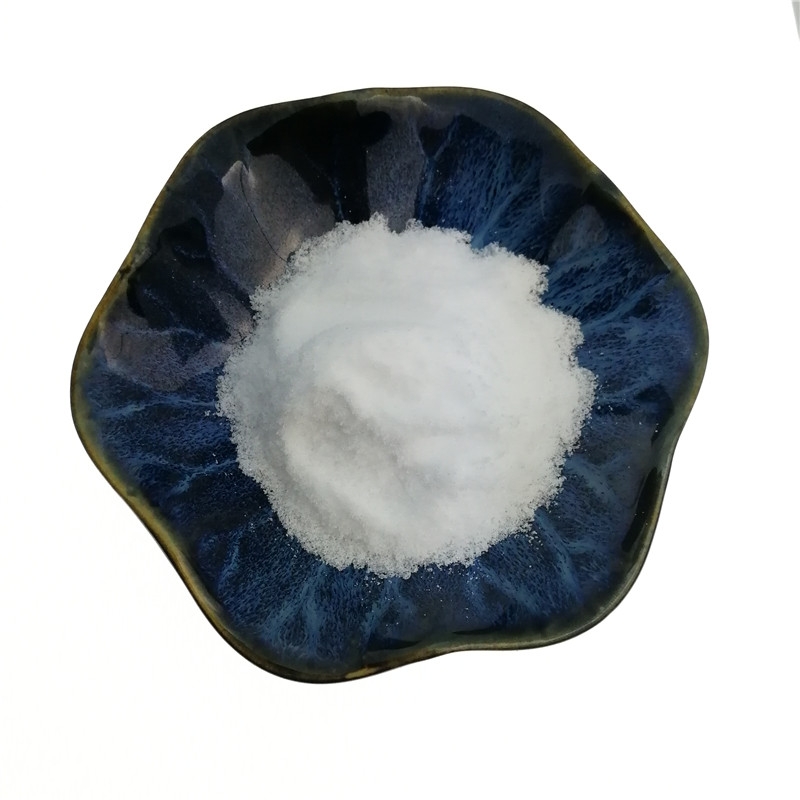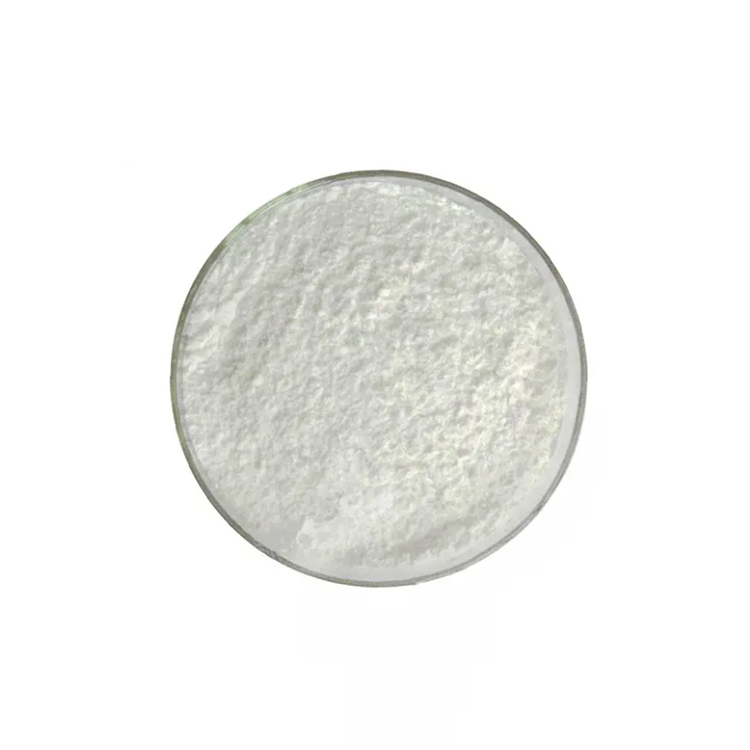-
Categories
-
Pharmaceutical Intermediates
-
Active Pharmaceutical Ingredients
-
Food Additives
- Industrial Coatings
- Agrochemicals
- Dyes and Pigments
- Surfactant
- Flavors and Fragrances
- Chemical Reagents
- Catalyst and Auxiliary
- Natural Products
- Inorganic Chemistry
-
Organic Chemistry
-
Biochemical Engineering
- Analytical Chemistry
- Cosmetic Ingredient
-
Pharmaceutical Intermediates
Promotion
ECHEMI Mall
Wholesale
Weekly Price
Exhibition
News
-
Trade Service
.
Is popcorn good for the body? Pizza, orange juice or sushi? How about frozen yogurt, pork ribs or quinoa?Which foods are healthy? In principle, this is a very simple question.
People who want to eat healthier should know what foods to choose in the supermarket and what to avoid
.
Unfortunately, the answer is never that simple
.
The U.
S.
Food and Drug Administration (FDA) recently agreed to re-examine its standards for what is “healthy” food.
This move highlights how much our nutritional knowledge has changed in recent years—and how much is still unknown.
.
We worked with the media and the morning consultant of the polling company to conduct a questionnaire survey of hundreds of nutritionists-members of the American Society of Nutrition (ASN), asking them whether they think a certain food (about 50 kinds) is healthy
.
The morning consultant also selected a representative group of American voters to conduct a questionnaire survey and asked them the same questions
.
The results showed that the opinions were very diverse and surprising, even within the expert community
.
Yes, almost everyone thinks some foods such as kale, apples and oats are "healthy"; soda, French fries and chocolate chip cookies are not
.
But in the area between the two, some foods seem to benefit from positive public perceptions, while others confuse the public and experts (it is you, butter)
.
Regarding nutrition, Dariusz Mozafarian, Dean of the Friedman School of Nutrition Science and Policy at Tufts University, said: “20 years ago, I thought we knew about 10% of what we need to know, and now we know 40% or 50%"
.
The following are our findings
.
.
More than 70% of ordinary Americans who participated in the survey thought it was healthy, but less than a third of nutrition experts also thought so
.
There is also this huge difference in the opinion of oatmeal, and less than half of the surveyed nutritionists believe it is healthy
.
Compared to experts, several foods that ordinary Americans consider healthier-frozen yogurt, quick-thin milkshakes, granola bars, etc.
, have some common characteristics: they contain a lot of extra sugar
.
In May 2016, the U.
S.
Food and Drug Administration announced a new model of nutrition labeling.
One of the priorities is to clearly distinguish between naturally occurring sugars in foods and sugars added to enhance the taste (you will be surprised that there are so many foods).
Contains extra sugar)
.
It is possible that nutritionists understand this, but the public does not yet
.
On the other hand, there are several foods that have been recognized by expert groups, but non-expert groups feel that they are not necessarily
.
The most surprising thing for us was the reaction to quinoa, the "superfood" grain so frequently praised as wholesome that it became an object of irony (at this moment, the New York Times Food Channel) There are 167 quinoa recipes on the website, and about one-third of them are clearly labeled as “healthy”)
.
In addition, nutrition experts gave tofu, sushi, hummus, red wine, and shrimp health scores that were much higher than the public's scores
.
why? One reason may be that many of them are new foods in the mainstream American diet
.
Our colleague Neil Irwin has counted the popular foods mentioned in the New York Times' reports over the past years and found that the popularity of quinoa has only recently started to rise
.
Others may reflect that the information conveyed by the media when reporting on the health of food is somewhat vague
.
Shrimp has long been misunderstood because of its high dietary cholesterol content, but recent dietary guidelines have changed
.
Public information about the health of alcohol is conflicting: although moderate drinking seems to be healthful to a certain extent, drinking more obviously will cost people a real health price
.
Unsurprisingly, we found that in some areas, the opinions of ordinary Americans and experts are not consistent
.
We expect that researchers will learn more about the current state of research and believe that ordinary consumers are more susceptible to health claims from food sellers, even if those claims are a bit suspicious
.
However, some of the foods we investigated caused disagreements between the public and the expert community
.
There are 4 types of food listed in the questionnaire-steak, cheddar cheese, whole milk and pork chops with bones seem to have more fat
.
Fat is a topic on which few experts agree
.
Many years ago, the nutritional consensus was that fat is bad for the heart, especially saturated fat in dairy products and meat
.
Some newer research conclusions are not so clear.
The dispute between nutritionists seems to be the correct content of protein and fat in a healthy diet
.
The uncertainty expressed by experts and ordinary Americans on these food issues reflects the vagueness of nutritional evidence about them
.
If you are a steak lover and you find this news frustrating, then I will tell you that our colleague Alan Carroll has written that eating red meat in moderation may be no problem
.
Obviously many customers do want to eat healthy food, but they are not sure what to choose
.
In order to gain some knowledge in this regard, I turned to Google and asked the company what is the most common part of the following simple search: "Is it healthy?" We used these search results to design some of the questions in the questionnaire
.
Those who care about diet are most likely to ask about a kind of food that nutritionists generally recognize, and that is sushi
.
There is a consensus on nutrition in some areas
.
Almost everyone agrees that oranges, apples, oatmeal, and chicken can be safely classified as healthy foods.
They also agree that chocolate chip cookies, bacon, white bread and soda are not
.
For a consumer who is well motivated but occasionally confused, what impact will this have? Perhaps peace of mind: Nutrition is sometimes ambiguous even for experts
.
Compared to whether you strictly follow the dietary rules, or whether you eat a "good" or "bad" food, your overall diet may be much more important
.
My colleague Alan Carroll has listed a series of common-sense healthy eating rules, which represents a good start
.
We also asked experts whether they thought their diet was healthy and how they would describe it
.
99% of nutritionists said that their diet is very or relatively healthy
.
The most popular type of special diet is the "Mediterranean"; 25% of the nutritionists we surveyed chose this
.
But the most common answer, even for experts, is "there are no special rules or restrictions
.
"







